06 Apr CDO Summer Safety Tips: How to Keep and Stay Safe during the Summer Months and Activities in the City
Summer means fun, vacation time, family bonding time, traveling, and other events and occasions. Unfortunately, from time to time you see and hear news about summer accidents that would have been avoided had the persons concerned taken the right safety measures. Remember that any fun under the sun needs its measure of safety because fun can’t be fun unless it’s done in safety. So, here are some summer safety tips that you should really take note of before traipsing off into the heat.
Keep the fluid intake up
Drink plenty of water and other liquids to always stay hydrated when doing summer outdoor activities. You can carry water with you to places that have a scarcity of water or if bottled water is expensive. Many news items about summer accidents involve heatstroke, something that is avoidable if these persons only stayed hydrated.
Keep cool
Even when going outdoors for summer activities, stay mostly under the shade and avoid unnecessary physical activity during the time of maximum sun heat starting at 10:00 a.m. up to around 4:00 p.m. Consider going to places with fans, coolers, air-conditioning, especially malls and shopping centers. When going to summer places make sure the place has these cool necessities. This helps you avoid getting heatstroke.
Keep away from direct sunlight
The direct sun’s heat can affect people fatally and most people are at risk from this, such as heatstroke and extreme sunburns. When activities necessitate going outdoors, make sure to wear a hat, sunglasses, and loose, comfortable clothes that have long sleeves. When using sunscreen remember to use the ones with SPF30 or more every two hours. Never leave anyone unattended in a parked or idling car because the inside temperatures may soar to almost 50°. People at greater risk of heatstroke or heat illness are usually babies, children, pregnant women, the frail and elderly, and people with disabilities. Also, never leave pets even for a short time inside vehicles unattended.
Always be alert for drowning incidents
After sunstroke and heatstroke, the second leading cause of accidental death in the Philippines during summer is drowning. Also, 20% of drowning deaths involve children. Real drowning isn’t like what is portrayed in the movies; it isn’t flopping in and out of the water and calling out for help. From a distance a drowning victim may simply look like someone treading water. One way to find out is to shout out questions, or if you can get close, check if the eyes seem glassy or unfocused. Babies and children are just as vulnerable in shallow pools, bathtubs, and inflatable wading pools if left unsupervised. Take note of people who can’t swim. Never allow children to enter any pool or the sea without any adult supervision. When swimming at beaches try to spot where the lifeguard is located so you know where to call for help. When going on any water-related activities, insist on wearing a life jacket.
Falling off bikes
Summer is the season that attracts many new novice bikers. However, many bikers seem to think that helmets are only for the children. Both motorcycle and bicycle helmet were created so that unfortunate brain injuries can be avoided should the rider fall off the bicycle. A well-fitting bike helmet is very important so never wear a hat under the helmet. It should be worn so that it also covers the forehead. The straps should also be comfortable and must always be fastened so the helmet won’t move around or fly off the wearer’s head should an accident occur.
Be careful with ticks
Pets also love to frolic during summer, especially with dogs and cats. However, ticks and fleas hiding out in the coats of dogs and cats not only have a penchant to feed off your pet’s blood, but may jump onto a person’s skin to feed off humans as well. Tick and flea related diseases may transfer to humans, most vulnerable being the children, such as spotted fever. Ticks and fleas may inadvertently transfer onto your pet if they spend time outdoors. Make sure to use anti-flea and anti-tick powder on your pets once every 2 or 3 days. If on rare occasions you notice a tick on your body, use a fine-tipped tweezers to pull it out by grasping the head and pulling straight out.
Don’t ingest pool water
When we go swimming we tend to ingest some sea water or pool water. This is normal because of the movements in swimming, but taking in too much pool water may be dangerous. Pool water may become contaminated with urine and fine fecal matter and we may inadvertently gulp in large amounts while swimming or diving. While the chlorine in swimming pools can kill most of the germs that can make us sick, some germs take longer to kill, and when ingested may be the cause of diarrhea.
Don’t allow your food to bake in the sun
Food borne illnesses fester faster in summer when food is exposed too much to the sun’s heat, even under the shade. Make sure hot food is allowed to cool off more slowly, so when no one is getting any food, keep them well covered. When cooking and eating outdoors, especially at the beach, keep food submerged in ice in coolers before cooking them over coals. Be wary of food with potatoes that spoil faster even in the shade from the sun’s heat.
Use good protection for wheeled rides
Children and teens love to take on wheeled rides during summer like skating, skateboarding, scooters, and the like. Make sure your children who are active with wheeled rides wear the proper elbow pads, wrist pads, and knee pads to prevent injuries associated with falls. Make sure all safety equipment fits properly and is worn correctly. Teach your children and teens to stay away from roads filled with other vehicles. Have them use sidewalks, paved-off roads and paths, and park ways and never allow your kids or teens to wear headphones while riding because the music blocks out traffic sounds.
Exercise more
Summer is the great season to start out exercising because classes are off, and vacation time is long, and this may be the time to teach your children to exercise regularly. Childhood obesity is growing at an alarming rate in the Philippines and almost 15% of kids from ages 7 to 17 tend to be obese or overweight. The exercise may also be good bonding time with the kids.
Watch and be alert on the traffic around you
Summer means classes are out so this means the children have a long vacation time and the number of kids on the streets grows twofold. 60 to 70 percent of pedestrian accidents during the summer time always involves children under the age of 17. Teach your children the proper traffic behavior, including never to be running around busy streets and darting in and out between vehicles. Also, your children will learn faster if you, the adults, sets the good example of being law-abiding citizens.
If your kids are into sports, teach them proper sports safety
It’s good when kids are into sports, or already have a regular sporting event during the summer. Do teach them about playing and sports safety. For elementary age children always supervise them when they are playing sports. Teach them that playing fair and not cheating in sports is the first priority in safety. Advise children not to play sports when there is a lawn mower making the rounds in a field.
Wear the right shoes, or suffer blisters
Wearing the best fashion shoes trends may show you off to others, but when you don’t wear the correct footwear for sports, on hiking expeditions, and when running or walking to exercise, and other such activities, your feet will tend to blister, and blisters can be very painful, especially in the area around the bulging and watery annoyance. If you do get blisters, don’t try popping it as this only invites germs to enter the poked area. Draining out a blister will only make it worse. Keep the blister dry and clean, and should it pop by itself, cover it with a bandage and remove it only after the swelling has gone down and the blister has healed.
Be careful with bees and wasps
Should you accidentally disturb a bee or wasp and you get stung, your first step to alleviate the sting is to place ice on it. Find some tweezers to pull out the sting. If the skin gets itchy you can relieve the itching and pain by applying calamine lotion. If you notice that your face, tongue, and throat are swelling and you’re having difficulty breathing, you might be having an allergic reaction and you need to seek the nearest medical help.

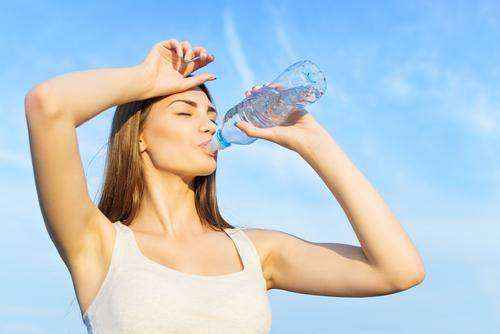
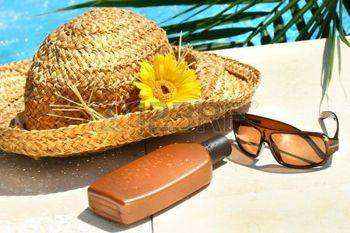
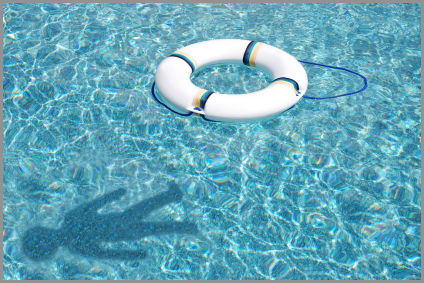
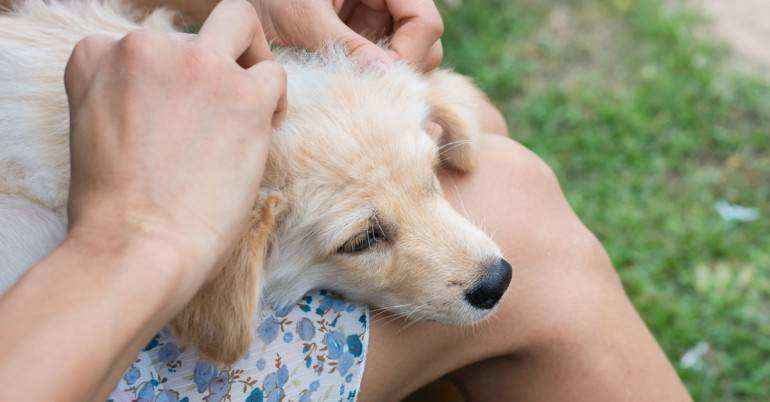
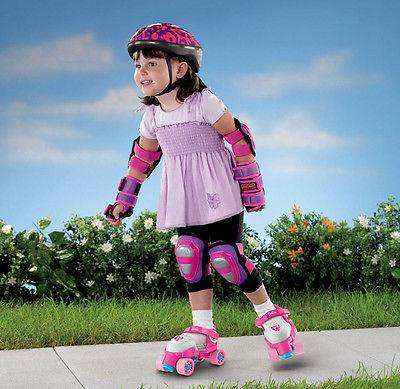
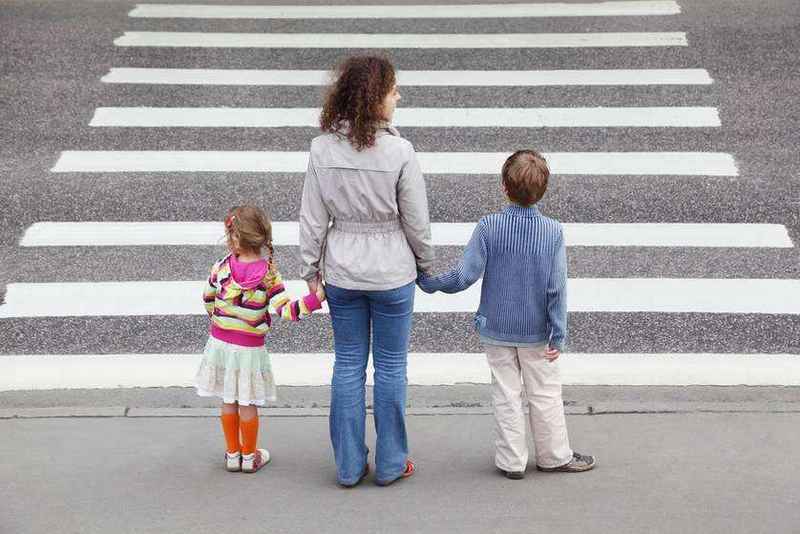
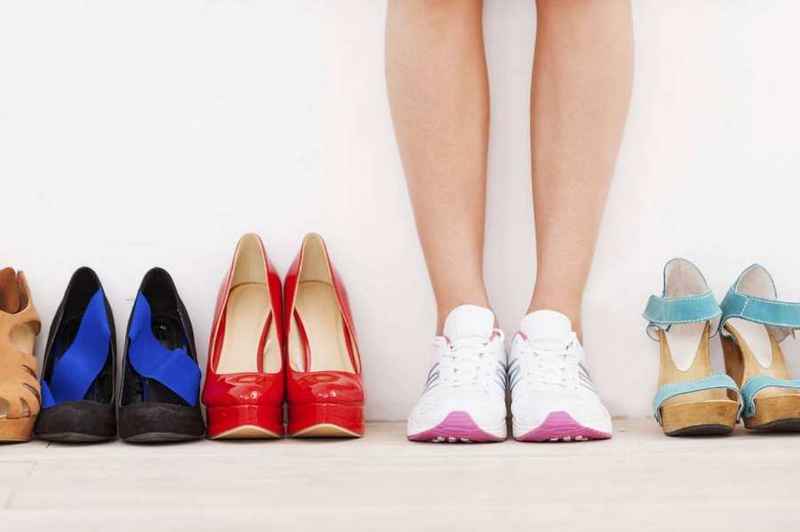
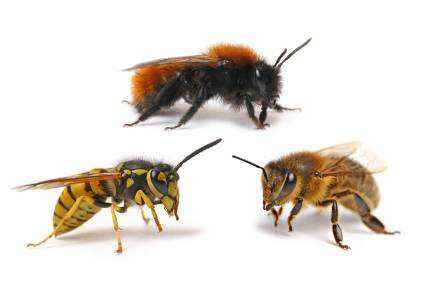

No Comments